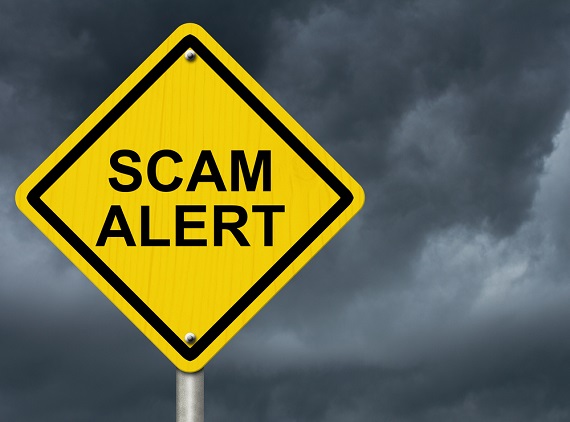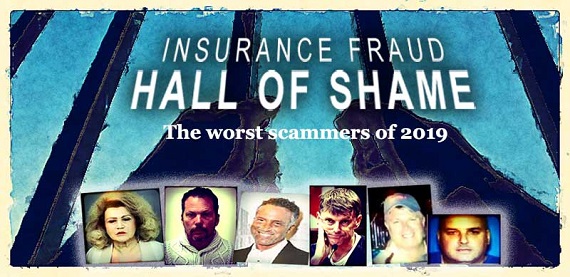In early April, we noted that there has never been a crisis or emergency that criminals won’t try to exploit and we posted a roundup of fraud schemes: Be on your guard for coronavirus scammers, skimmers & phishers! It’s time to update that list. Criminals are only getting smarter and more sophisticated about capitalizing on our coronavirus fears and the way we’ve adjusted our lives. Here are reports on some of the newer scams that authorities are seeing, along with tips on how to avoid being victimized.
Here are some of the common scams that the Department of Justice warns about:
- Antibody testing fraud scheme
- Unsolicited healthcare fraud schemes
- Cryptocurrency fraud schemes including blackmail attempts, work from home scams, paying for non-existent treatments or equipment, or investment scams.
- Calls and e-mails from imposters claiming to be IRS and Treasury employees
- Robocall scams selling PPE, face masks, or other medical devices
- “Free” COVID-19 tests if you supply Medicare information
- Fake charities seeking donations or your bank / credit card info.
- Imposter calls promising CARES Act stimulus payments or demanding refunds for a supposed over payment
- Fake websites and apps claiming to be associated with CARES Act programs.
FBI Says Increased Use of Mobile Banking Apps Could Lead to Exploitation
Studies of US financial data indicate a 50% surge in mobile banking since the beginning of 2020. Additionally, studies show that 36% of Americans plan to use mobile tools to conduct banking activities, and 20% plan to visit branch locations less often. The FBI warns the public to be aware of fake banking apps and to be cautious about downloading apps on mobile devices that might contain banking-related malware. The FBI recommends only obtaining smartphone apps from trusted sources like official app stores or directly from bank websites. They also advise using Two-Factor Authentication and using strong passwords and good security.
FBI Sees Rise in Online Shopping Scam
The FBI reports an increasing number of people are ordering goods online from fraudulent vendors and the goods are never relieved. Victims are being directed to fraudulent websites from ads on social media platforms and popular online search engines that offer lower than usual pricing on such items as gym equipment, small appliances, tools and furniture. Many of the websites used content and contact information copied from legitimate sites and posed as US companies. Here are some fraud indicators. Instead of .com, the fraudulent websites used the Internet site domain extensions of .club and .top. Most of the site URLs (addresses) were purchased in the last 6-months.
The FBI offers these tips to avoid being victimized
- Do your homework on the retailer to ensure it is legitimate.
- Check the Whois Public Internet Directory for the retailer’s domain registration information.
- Conduct a business inquiry of the online retailer at the Better Business Bureau.
- Check other websites regarding the company for reviews and complaints.
- Check the contact details of the website on the “Contact Us” page, specifically the address, email, and phone number, to confirm whether the retailer is legitimate.
- Be wary of online retailers offering goods at significantly discounted prices.
- Be wary of online retailers who use a free email service instead of a company email address.
- Don’t judge a company by their website; flashy websites can be set up and taken down quickly.
Monitoring and reporting fraud schemes
Check out the FBI Coronavirus website periodically for updated fraud scheme reports. If you think you are a victim of a scam or attempted fraud involving COVID-19, you can report it without leaving your home by calling the Department of Justice’s National Center for Disaster Fraud Hotline at 866-720-5721 or submit the NCDF Web Complaint Form.
Related post:
Reprinted from Renaissance Alliance – no usage without permission.












